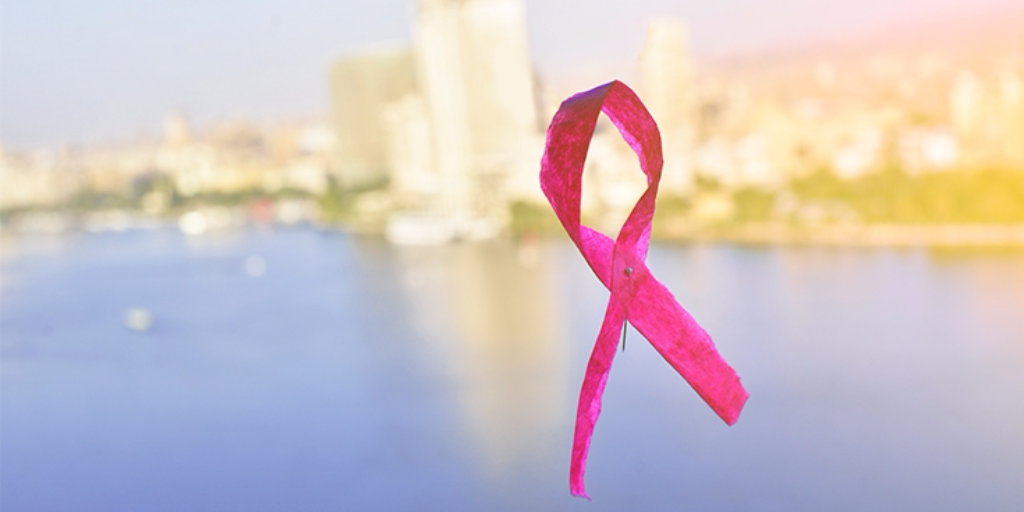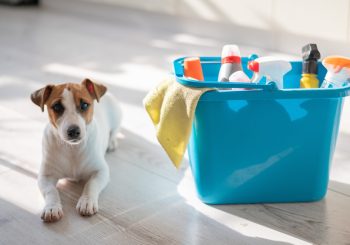Nineteen years ago, Baheya Osman lost her battle with breast cancer.
Baheya was one of the thousands of women in Egypt to be afflicted with breast cancer. She realized throughout the course of her battle that receiving proper treatment is an arduous ordeal but she was also one of the lucky few with the financial means to seek treatment for her illness without being crippled by the medical bills.
Two years ago, in hopes of preserving Baheya’s memory and preventing her battle with cancer from being forgotten, Baheya’s children erected the Baheya Cancer Hospital where their mother’s house once stood in Al-Haram district.
Now, standing six stories high on a 10,000-square-meter stretch of land, Baheya Cancer Hospital is the first breast cancer hospital in the Middle East to offer its services – from mammograms to chemotherapy to psychological support – to women for free.
Nineteen years after Baheya passed away, 35-year-old widow Hala* is receiving treatment at Baheya Hospital, completely free of charge.
If Hala’s cancer had appeared just two years ago, she might not have been able to receive the necessary treatment due to its high cost.
Instead, Hala has undergone six rounds of chemotherapy at Baheya without having to worry about the financial burden of the treatment.
So far, she has been fortunate enough to be one of the several cases being treated for free at Baheya Hospital. However, Hala’s battle with cancer is not over and she still needs to undergo a treatment that costs EGP 16,000 every 21 days for one year.
Hala is one of thousands of Egyptian women who turn to Baheya Hospital for specialized treatment, free of charge. Since its establishment in February 2015, the hospital has been responsible for early detection tests for more than 14,000 women and has provided free chemotherapy to 1,200 women and performed more than 1,275 surgeries on breast cancer patients.
According to Hannane Abdelrahman, Baheya Hospital’s fundraising executive, each case can cost the hospital as much as EGP 350,000.
“Unfortunately, we do not receive enough donations for us to welcome more women even though, we have the ability to,” Abdelrahman told Egyptian Streets. “People can volunteer at the hospital by helping out patients and through in kind donations, but what we need the most right now is cash flow as it costs us around 3-4 million Egyptian pounds of chemotherapy each month.”
Now, Baheya needs your help to continue turning Egypt’s breast cancer patients into breast cancer survivors. To help women like Hala get the medical attention they need, send a donation to Baheya Hospital by depositing money in bank account number 66 66 66 66 at any bank, call 16602 for a collector to pick up the money from your home, or donate online through Baheya’s website.
*Name has been changed to keep patient’s identity anonymous.






Comments (0)